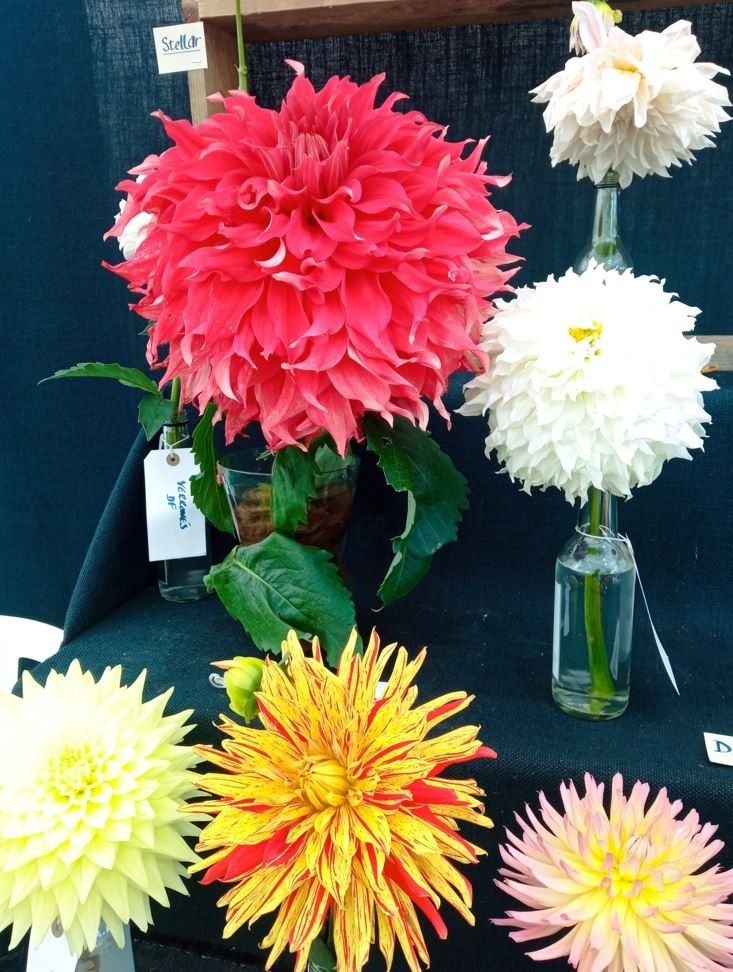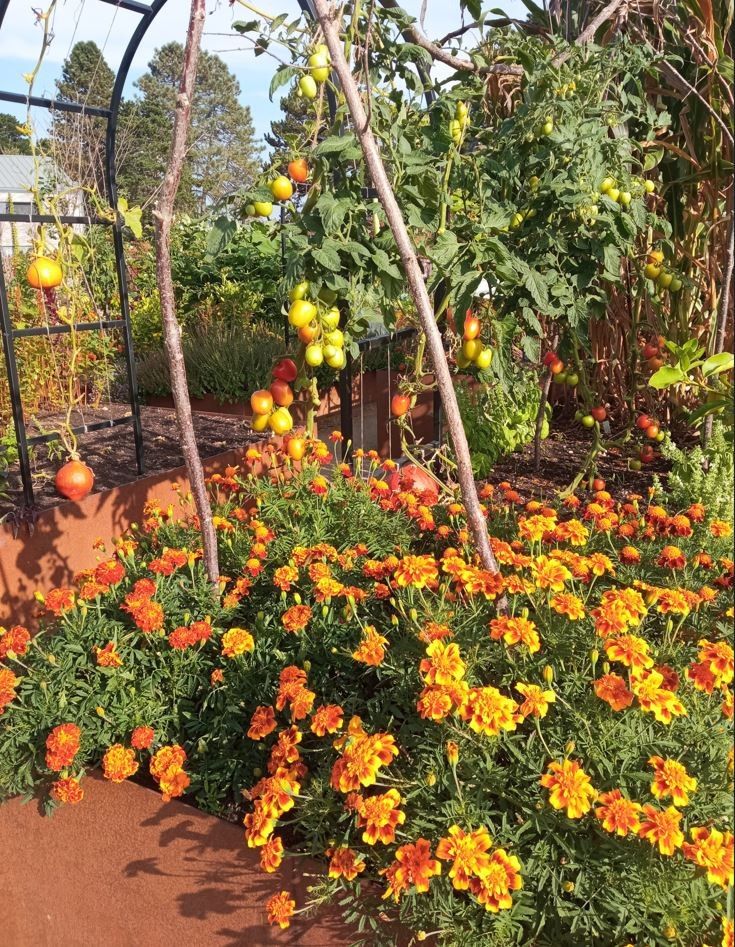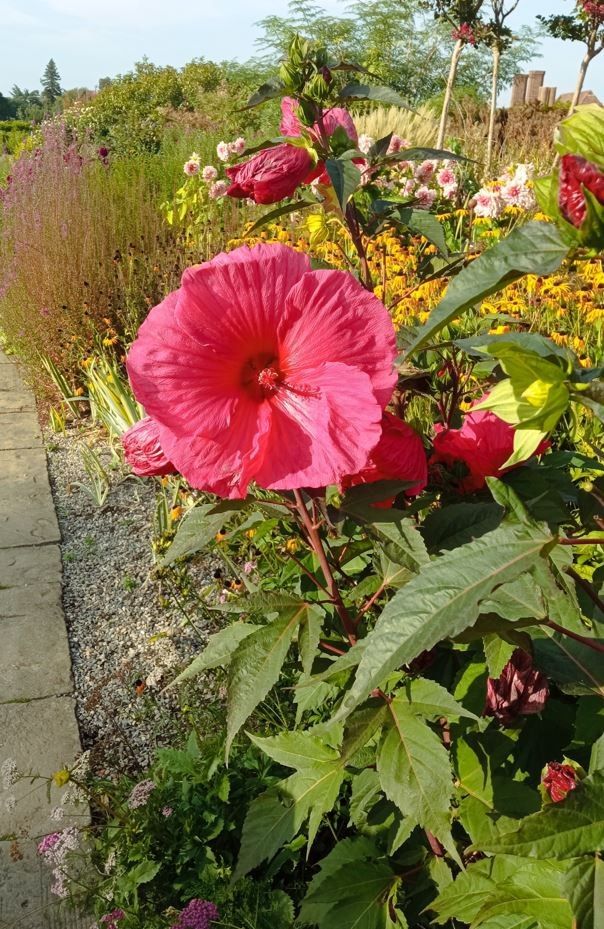WHEN the Royal Horticultural Society’s (RHS) garden at Wisley in Surrey held a flower show earlier this month, about one in 10 of the visitors appeared to be Asian.
It was hard to tell whether they were RHS members or had just turned up to see the spectacular blooms during the recent hot and sunny spell.

Many Eastern Eye readers already are keen gardeners, but it seems they are coming closer to the RHS.
The show, from September 5-10, offered “gardening inspiration, expert advice, vibrant floral displays and fabulous shopping opportunities”, the RHS said. “This year, we also celebrated 10 years of the wonderful National Dahlia Society Show at Wisley.”
There were more varieties of dahlias on display than the number of biryanis most Asians had enjoyed in a lifetime.
One Asian woman, accompanied by a meek-looking husband and a toddler, marched into the dahlia tent looking quite fierce. She was clutching dark red and pink blooms, but was told she was a little late and her flowers would be entered for competition the following day.
She was submitting them for “the people’s competition” in which members of the public are encouraged to enter their dahlia blooms free of charge.

Another Asian family, with a child in a push chair, was posing for photographs in front of a long line of vases with many varieties of dahlias all grown at Wisley.
Dahlias are considered a very English flower, but they have also been popular in India since the time of the Raj. There used to be an especially magnificent display in the grounds of the Vice Regal Lodge in Simla (now Shimla), the summer capital in colonial times.
When it comes to judging dahlias, big is not necessarily best. In the dahlia tent, there is a spread of literature and old catalogues about the flower.
The Asian woman who brought in her blooms for judging was probably aware of the rules set out in a poster: “What makes a winning Dahlia?”
It said: “Some of the things the judges will be checking are blooms that look fresh from all angles; blooms sitting at the correct angle for the type of dahlia; good centres and well-balanced petal formation; and similar sizes blooms in each vase.”
Another poster sets out how to dig up tubers at the end of the summer season and store them safely over the winter months.
The gardens at Wisley – especially such flowers as the Hibiscus moscheutos (rose mallow) – still look in their prime in September.

It was heartening to see how so many Asian families accompanied elderly grandfathers and grandmothers in wheelchairs to enjoy the colours and the fragrance. Those who were forced to leave Kenya and Uganda would have remembered paradise in the sun.
There was plenty to interest Asians in the World Food Garden – bottlegourds; marigolds mixed in with tomatoes ripe for picking; and squashes bathing in the sun.
There are recipes, too – toor dal (pigeon peas with vegetables); channa (chickpea salad); and karela curry (bitter gourd curry).
Asians are well aware of the benefits of the vegetarian diet, but one poster posed the question: “Why be a plant eater?”
Its answer: “Plants are packed with essential vitamins, minerals, fibre and phytochemicals – plant chemicals – and most are low in fat and calories. All this helps to lower the risk of cancers and heart disease, making plants a vital part of a healthy diet.”
This applies to everyone, but is probably very relevant to Asians: “When it comes to our health, psychologists believe that feelings of belonging come right after our survival needs of food, water and shelter. Gardening can help us be part of a strong community. Growing together surrounded by nature removes social and cultural barriers, encouraging people to grow friendships as well as plants.”
It seems gardening can also help Asians to extend their social circle, as explained in a poster: “Research shows that people who belong to a community garden or gardening group, or tend an allotment, feel less isolated and enjoy better physical and mental wellbeing. RHS networks help connect people all over Britain.
